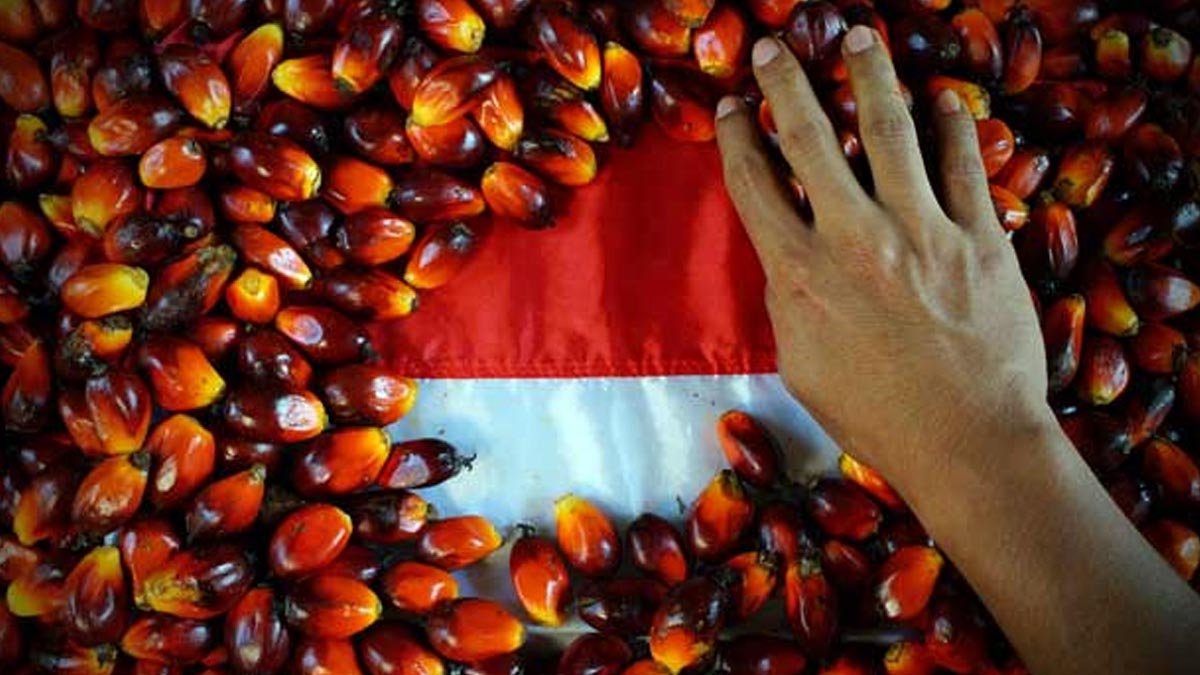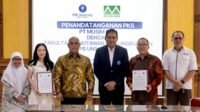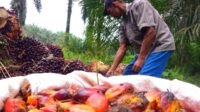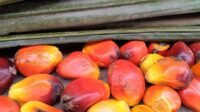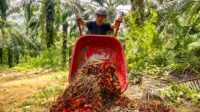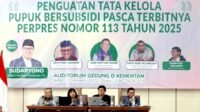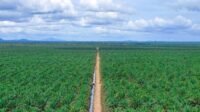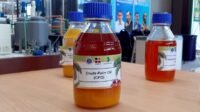PALMOILMAGAZINE, JAKARTA – Palm oil industries in Indonesia play a crucial role in both the national and global economies. Beyond crude palm oil and palm kernel, the sector encompasses over 179 derivative products, including cosmetics, toothpaste, textiles, fats, chocolate, fatty acids, surfactants, and biodiesel. The development of downstream palm oil sectors is essential for enhancing the value and competitiveness of Indonesian palm oil products in international markets.
Nursidik Istiawan, an analyst at the Pusat Kebijakan Pendapatan Negara, Badan Kebijakan Fiskal (PKPN BKF) within the Ministry of Finance, noted that approximately 58% of Indonesia’s crude palm oil (CPO) production is exported, primarily as derivative products. This reflects the success of the country’s downstream industries.
“Palm oil sectors support numerous other industries and significantly contribute to increasing economic value,” Istiawan stated, as quoted by Palmoilmagazine.com from the official Ministry of Finance page on Tuesday (10/9/2024).
Also Read: Palm Oil Industries in Indonesia: Balancing Economic Contributions and Environmental Concerns
In 2023, the palm oil industry contributed around Rp 88 trillion to the national budget. This figure includes Rp 50.2 trillion in taxes, Rp 32.4 trillion in non-tax revenue, and Rp 6.1 trillion in import duties. To further support the growth of downstream sectors, the government is providing tax incentives and exemptions on import duties.
With the production capacity in 2023 that could be reaching Rp 729 trillion nationally, palm oil sectors involved 2,4 million independent smallholders, created employments for 16 million workers. The development of the sectors also increased gross domestic product in plantation sector that positively increased 3,25% in the second quarter of 2024 and encourage gross domestic product nationally.
Meanwhile, Palm Oil Plantation Fund Management Agency (PO PFMA) also played significant roles to support sustainable palm oil development from the upstream to downstream sectors. Director of Fund Plan and Management PO PFMA, Kabul Wijayanto said that the institution would always support about biodiesel development research. “We would focus on the research to increase the additional values and get innovations in downstream products, namely in palm oil conversion to be biodiesel,” he said.
Besides, PO PFMA would be in cooperation with research institutions, universities to involve young generations to get research that supports smallholders’ plantation productivity. (P2)

